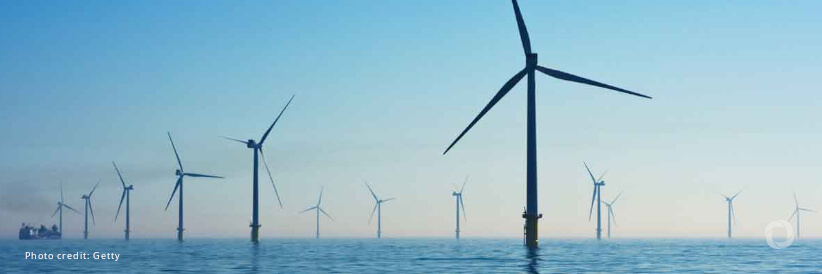Over 300 experts from around the world met between September and October 2022 to officially launch the production of the 7th edition of the Global Environment Outlook (GEO-7), the flagship report of the UN Environment Programme (UNEP). The GEO-7, expected to be presented to the 7th UN Environment Assembly (UNEA) by 2026, provides an integrated and holistic environmental assessment of pathways to address the triple planetary crisis of climate change, biodiversity loss and pollution.
In March 2022, UNEA decided to produce the 7th edition of the GEO. The methodology of the GEO-6 was used by more than 30 countries, calling for the phase-out of 80% of fossil fuels globally, reducing environmental impacts of the global food system by about 2/3, and achieving a near-zero-waste economy by 2050. GEO-7 will develop solutions pathways to transform these key systems in an integrated manner to inform decision-making, technologies, and behavioural and economic changes.
“We are working to assemble a strong and diverse scientific team to deliver the most solutions-focused, innovative and digital GEO yet,” said Pierre Boileau, Head of GEO at UNEP.
To guide this process, four eminent experts from diverse backgrounds have been appointed by Inger Andersen, Executive Director of UNEP, to lead the development of the report: Dr Nyovani Madise, Sir Robert Watson, Dr Edgar Gutierrez-Espeleta and Prof. Ying Wang will serve as GEO-7 co-chairs.
Dr Madise is the Director of Research for Sustainable Development Policies and Head of the Malawi Office of the African Institute for Development Policy (AFIDEP). She was also appointed by the UN Secretary-General as one of the 15 eminent global scientists to draft the 2023 Global Sustainable Development Report. As co-chair, Dr Madise brings an important social sciences and development perspective to the GEO process.
“I am thrilled to be asked to Co-Chair GEO-7, yet also humbled by the responsibility to produce a report on solutions to some of the intractable challenges facing humans and the environment,” said Dr Nyovani upon her confirmation as Co-chair.
Sir Watson – one of the world’s leading atmospheric chemists – has chaired, co-chaired or directed several processes including the WMO/UNEP stratospheric ozone depletion assessments, the Millennium Ecosystem Assessment, the Intergovernmental Panel on Climate Change (IPCC), the Intergovernmental Science-Policy Platform for Biodiversity and Ecosystem Services (IPBES), and UNEP’s Making Peace with Nature report. In 2014 he was named UNEP Champion of the Earth for science and innovation. Prof. Watson brings the utmost scientific expertise and leadership to support the GEO-7 process.
Upon his confirmation as Co-chair, Prof. Watson said, “It is an honour to be asked to co-chair GEO-7, which will not only assess the state of the changing environment and the implications for human well-being but provide a road map for how the world can become more environmentally sustainable.”
Dr Gutierrez-Espeleta is the former UNEA president and Minister of Environment and Energy of Costa Rica (2014-18) and current Special Envoy for the United Nations Convention to Combat Desertification for Latin America and the Caribbean Region. The environmental policy expertise policy brought by Dr Gutierrez-Espeleta will be an invaluable asset to the GEO process.
Prof. Wang, currently working at the College of Environmental Science and Engineering of Tongji University on the analysis and control of water pollution and the emerging contaminants has previously worked on GEO-6, both at the global and regional level and on the GEO-6 for Youth, Asia Pacific.
A group of 25 representatives of Member States and 10 Stakeholders have also been appointed by Ms Andersen to the Intergovernmental and Multi-stakeholder Advisory Group (IMAG) in order to ensure the policy relevance of GEO.
A multidisciplinary group of experts, namely the Multidisciplinary Expert Scientific Advisory Group (MESAG) is being selected to ensure the scientific credibility of the GEO-7. A nomination process for authors, fellows and collaborative centres of the GEO-7 is underway to engage hundreds of experts from all over the world in the preparation of the GEO-7 report.

